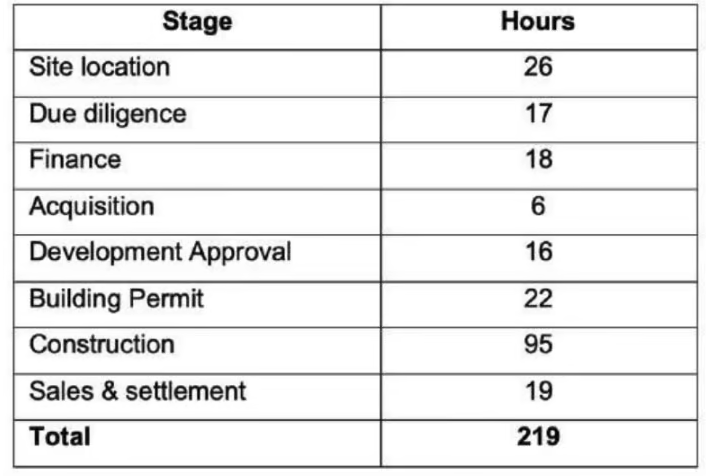Hilary here, I wanted to reach out and share some valuable insights from a very popular podcast episode (Episode 57) where we discussed the 6 traits that can hinder success.
These traits are applicable not only in property development but also in various areas of life.
- Lack of Time Valuation: Unsuccessful individuals often fail to recognise the value of their time. To achieve success, it is crucial to prioritise tasks and outsource non-essential activities. By focusing on what truly matters, you can make the most of your time and move closer to your goals.
- Reluctance to Step Up: Many people fall short of achieving their aspirations because they do not make an effort in all areas of their lives. True effectiveness requires balance and a commitment to giving 100% effort. By stepping up and taking action, you open yourself up to opportunities and increase your chances of success.
- Self-Imposed Limitations: What you believe about yourself becomes your reality. It is important to recognise and challenge the self-imposed limitations that hold you back. Change your narrative, overcome challenges, and embrace a mindset that allows you to reach your full potential.
- Excuse-Making: Unsuccessful individuals are often experts at making excuses. If you find yourself making excuses like being too busy, lacking resources, or thinking you are not the right fit, it’s time to question their validity. Don’t let excuses hinder your progress; instead, focus on finding solutions and taking action.
- Procrastination: Putting off tasks and delaying action is a common trait among those who struggle to achieve their goals. Remember that time is limited, and every day is an opportunity. Avoid falling into the trap of procrastination and seize the present moment to make progress towards your objectives.
- Inaction: Success requires taking action. It’s important to be proactive and take steps that align with your desired outcomes. By doing something today that your future self will thank you for, you set yourself on a path towards success.
These insights can be applied not only in property development but also in various aspects of life. Whether it’s your health, career, or personal aspirations, adopting these traits can significantly enhance your chances of achieving success.
I encourage you to reflect on these traits and assess how they may be influencing your own journey. Remember, it’s never too late to make positive changes and pursue your dreams.
If you would like to dive deeper into these topics, I invite you to listen to the full podcast episode here.
Wishing you continued success and fulfilment in all your endeavours!
Chat soon,
Hilary Saxton






